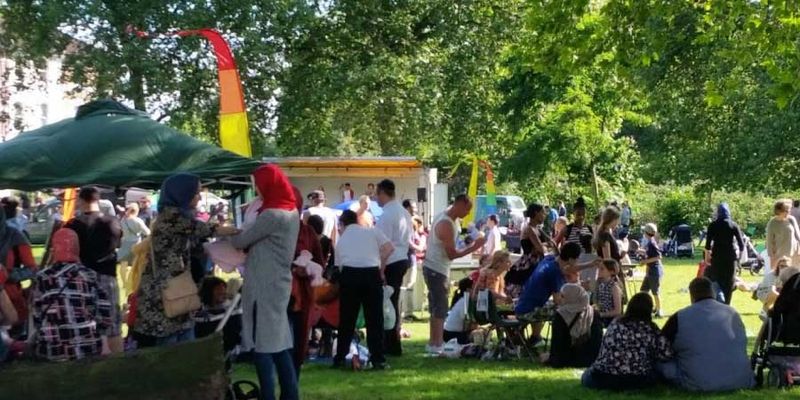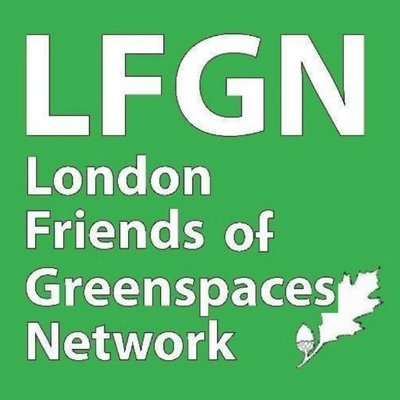If you are thinking about setting up a friends group, you'll be in great company with lots of people who can help you.
Friends groups come in all shapes and sizes, from a group of neighbours who meet to litter pick in their park to formally constituted charities.
A good place to start is by talking to your neighbours and friends in the area to see if they would be interested in setting up an informal group. You can also approach other park users, such as dog walkers or sports teams who use the park. Then think about the resources and experience you have in your start up group, and check out Parks Community UK for some useful guides for setting up your group.
It's a good idea to start slow, and build your activities over time as your group expands. A good way to get the message out about your group is through social media and any neighbourhood newsletters your councillors might have. Getting councillors on side with your group is valuable as they can help advocate for your group to the council and also they will have an idea what local residents in the area want from their park.
At some point you may wish to start raising money - whether through community events like cake sales, or by fundraising from charitable trusts, for example. You'll need a bank account to hold the money. Here is a website with some useful information about what you'll need in order to open an account as well as some good banks to approach.
You'll also need to think about how you communicate with your members. It's normal to have a larger group of people who are interested in your activities (and may volunteer once or twice a year) and a smaller group who will turn up to most meetings and events. An email list is handy for sending out notices of meetings and meeting notes, as well as upcoming events. Some groups also use WhatsApp or similar to communicate more informally and more frequently with a smaller group of regular volunteers - for example about a time sensitive need like watering during a dry spell. Social media (Twitter, Facebook, Instagram) is also useful to communicate with a very broad group of people and is useful for fundraising.
Whatever activities you do, whether it's litter picking or planting in the green space, it's important that you liaise with your council's green spaces team (or other landowner, if relevant). Ultimately, it's their land, so you need to make sure they know what you would like to do and that you get their permission first. This is also important so that, for example, the team responsible for mowing the grass doesn't cut down your newly sprouting bulbs by accident!
Once you've set up your group, please register with GoParksLondon. You can find a joining form here. We can also help with advice on getting your group started, and we'd love to hear from you if you have any questions.
You can also consider joining the London Friends of Greenspaces Network. The LFGN is growing fast. In London there are around 900 parks friends groups – groups of volunteers – getting together to protect, improve and bring communities together in their local parks. But with more than 4,000 green spaces across Greater London, there's always room for more!
Giving time, energy and expertise to friends groups helps you stay fit and active, and it’s sociable and fun. It also means making a difference in your local community because friends groups help with, and advocate for, improvements, new attractions or simply for the park’s continued care.
Dave Morris, Chair of the London Friends of Green Spaces Network, said:
“Groups often help maintain the fabric of parks or help with improvements like tree planting, usually in partnership with the council. But they also organise events for people to enjoy their local space, promote historical and ecological knowledge of the space and provide opportunities for the community to come together. Friends groups also play an important role in enabling residents to capture the health benefits of parks, encouraging people to come into the park and making sure it’s a welcoming environment for everyone.”



